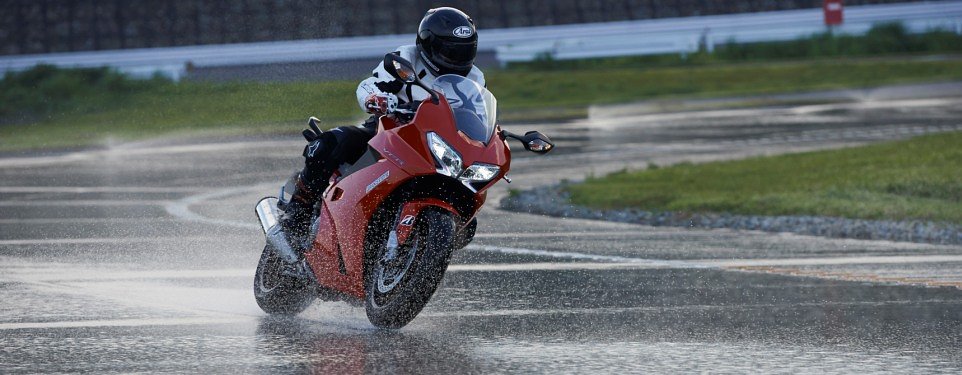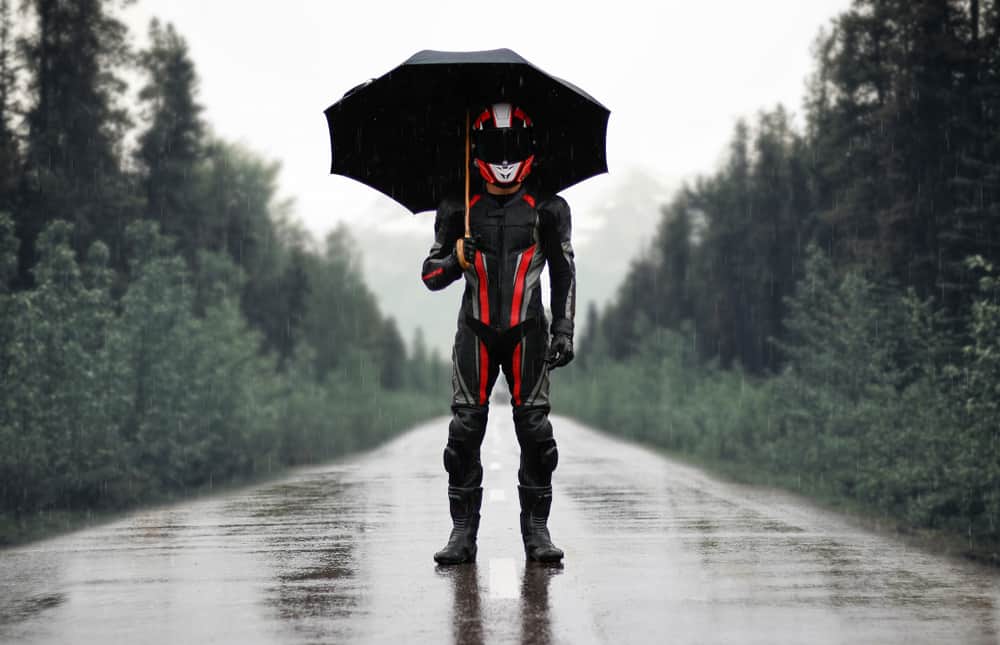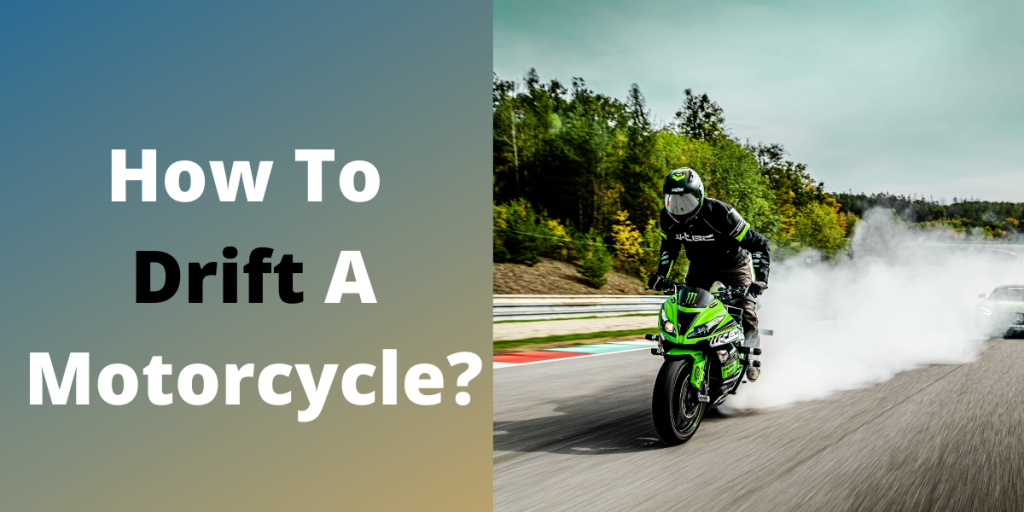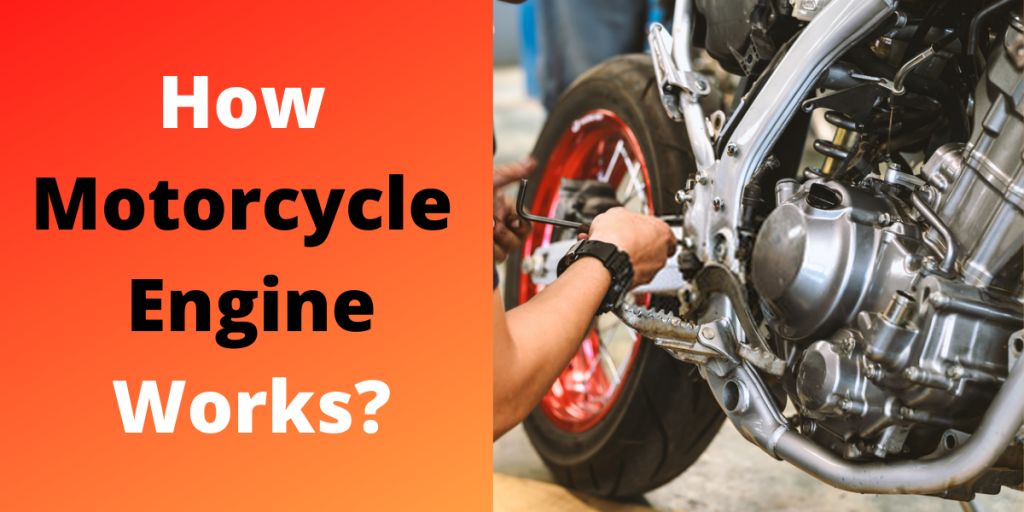As a motorcycle owner, protecting your prized possession from the elements is essential for its longevity and performance. In this guide, we’ll explore the implications of leaving your motorcycle exposed to rain and provide insights on how to mitigate potential damage effectively.
Is Rainwater Bad for Motorcycle Engines?
Rainwater, while not inherently harmful to motorcycle engines, can lead to various issues if not properly managed. Water entering critical components like the air intake, carburetor, or exhaust system can result in corrosion, rust, and electrical problems. To safeguard your motorcycle, storing it in a garage or under a waterproof cover is recommended, especially in areas prone to frequent rain.
Does Water Affect Motorcycle Parts?
Yes, water can significantly impact various motorcycle parts, particularly if the bike remains wet for extended periods. Corrosion, electrical issues, compromised brake performance, tire wear, and mold/mildew growth are among the common consequences. Proper maintenance and protective measures, such as drying the motorcycle after rain exposure and using waterproof covers, are vital for preserving its condition.
Can You Leave Your Motorcycle in the Rain?
While it’s best to avoid leaving your motorcycle exposed to rain, certain precautions can help minimize the risk of water damage if unavoidable. Using a waterproof cover, parking on a level surface, elevating the motorcycle, checking weather forecasts, and drying the bike after rain exposure are essential steps to protect it from corrosion and other weather-related issues.
Why You Should Not Leave Your Motorcycle in the Rain
Leaving your motorcycle exposed to rain poses several risks, including rust, paint fading, slippery surfaces, wet brakes, and damage to delicate components. Additionally, water ingress into the engine or electrical system can lead to costly repairs and compromised performance. Opting for covered parking or indoor storage whenever possible is crucial for mitigating these risks.
Are Cruisers More Vulnerable to Rainwater than Dirt Bikes?
Both cruisers and dirt bikes are susceptible to water damage, but certain factors may make cruisers more vulnerable. With more exposed electrical components and heavier construction, cruisers require extra care to prevent water ingress and corrosion. Dirt bikes, designed for off-road use, often feature better protection against water and mud intrusion.
Is it Safe to Ride a Motorcycle in the Rain?

Riding a motorcycle in the rain requires caution and adjustments to your riding style. Reduced visibility, slippery roads, hydroplaning, and decreased braking performance are common hazards to consider. However, wearing appropriate gear, slowing down, maintaining visibility, avoiding standing water, and staying alert can help mitigate these risks and ensure a safe ride.
Conclusion
While leaving your motorcycle in the rain exposes it to various risks, taking proactive measures can help minimize potential damage. By understanding the implications of rain exposure and implementing proper maintenance and protective strategies, you can enjoy your motorcycle for years to come, rain or shine.



